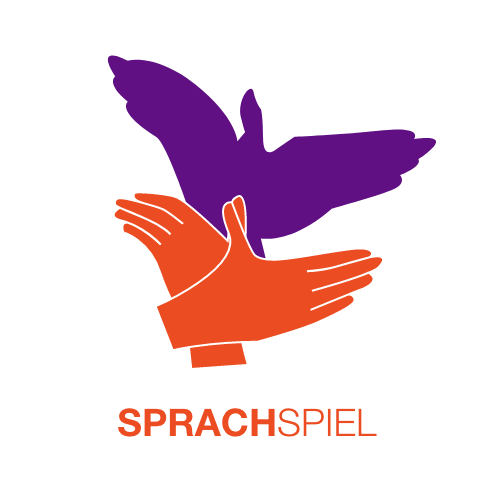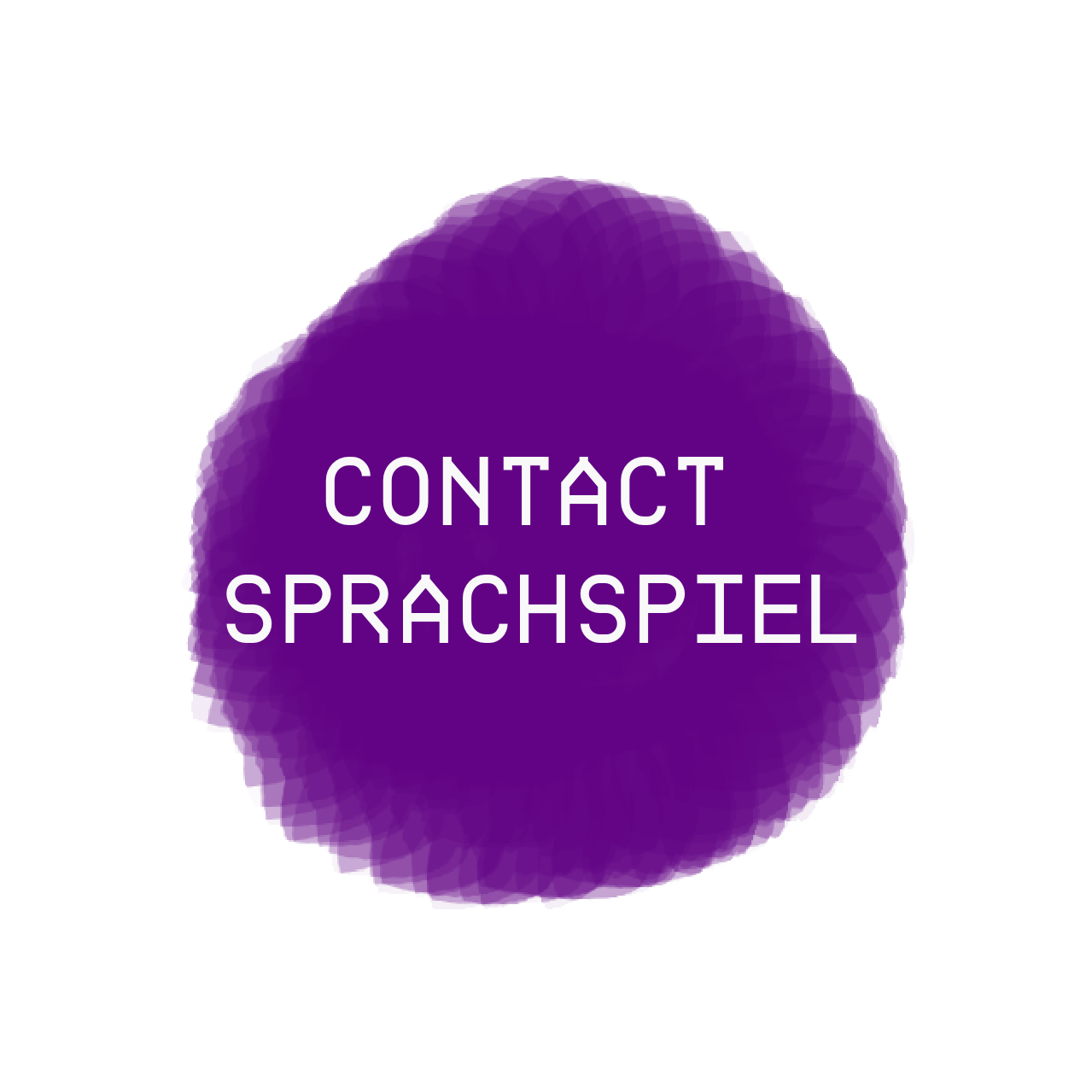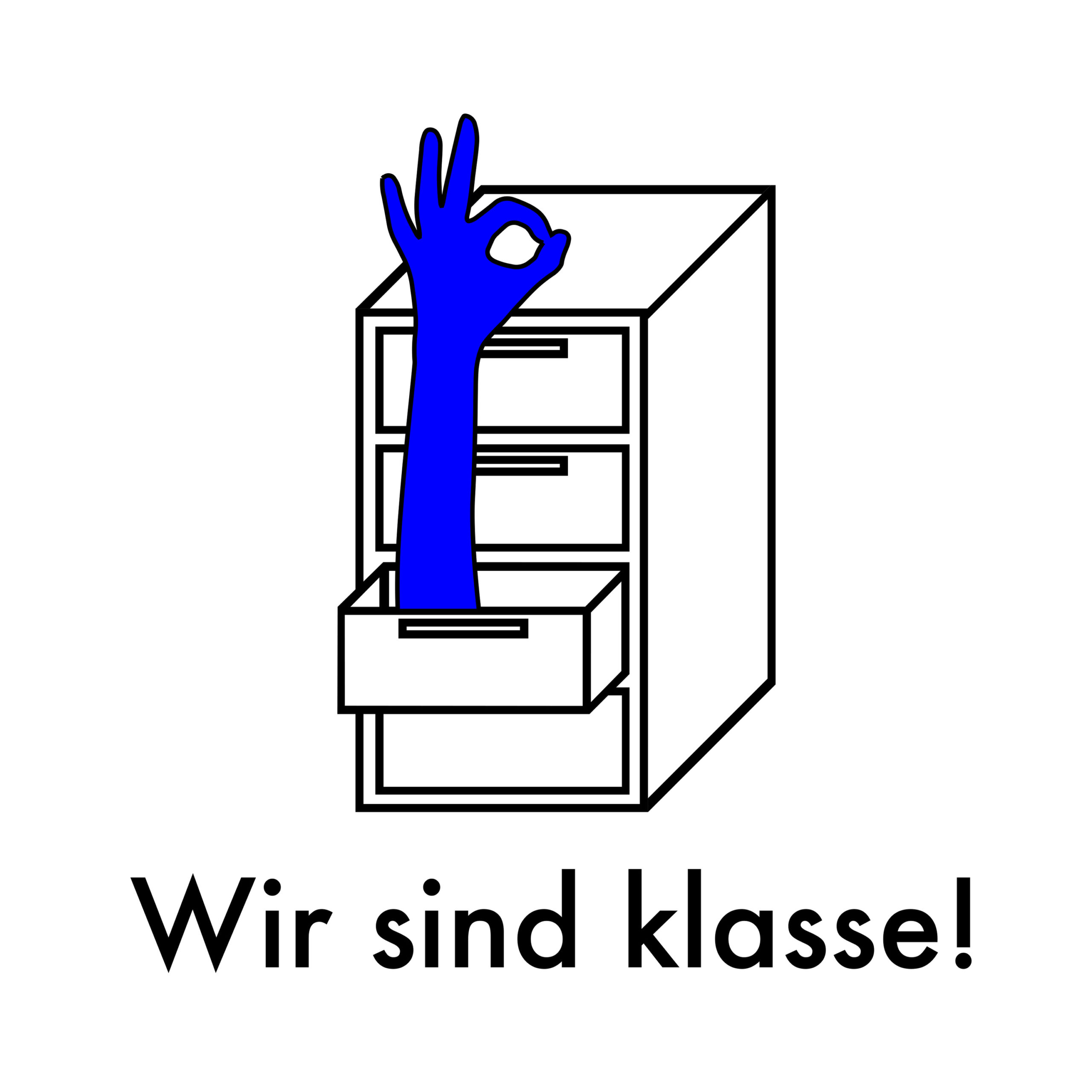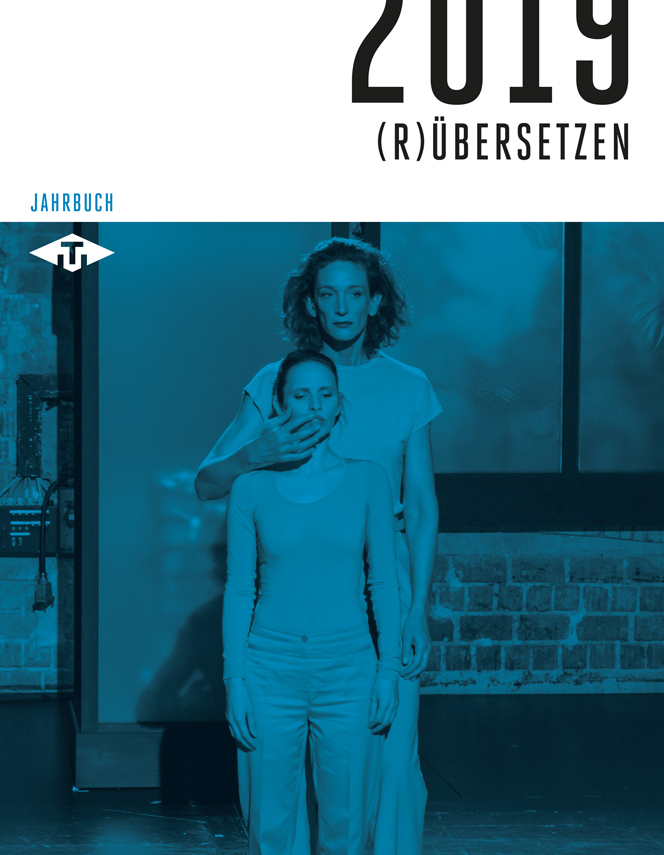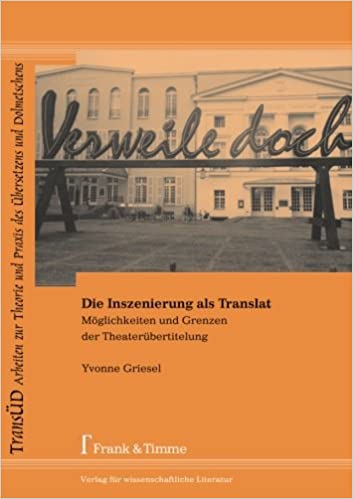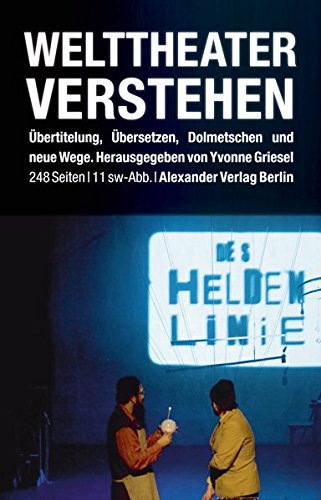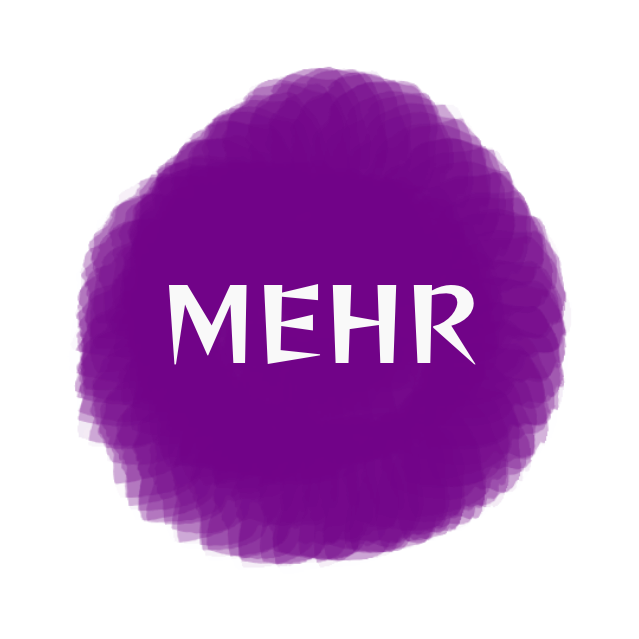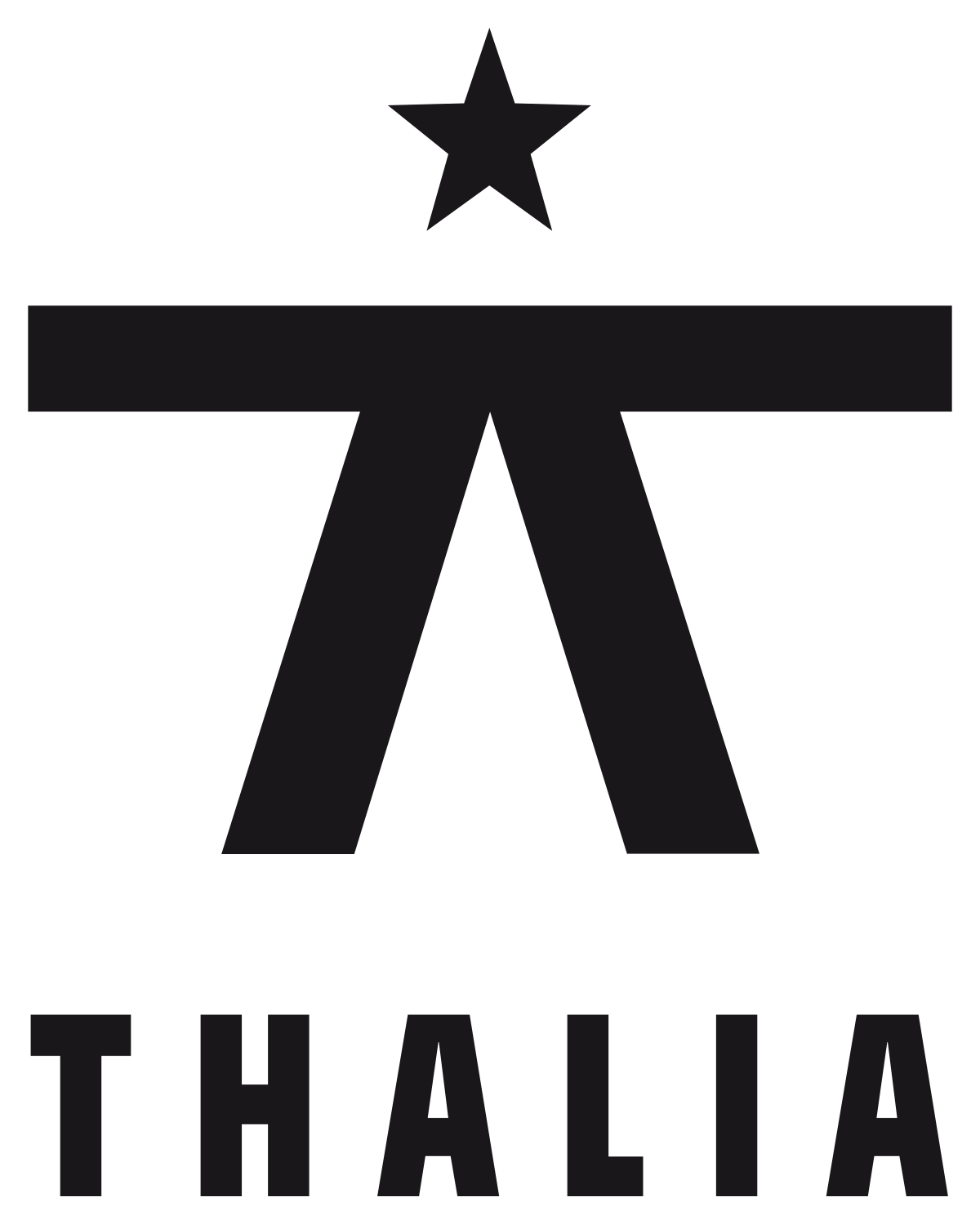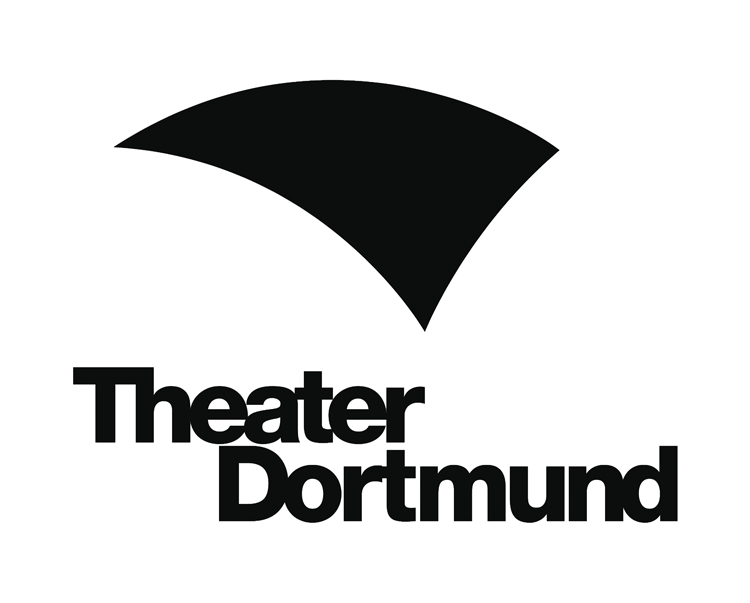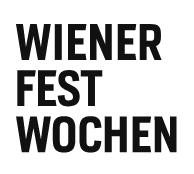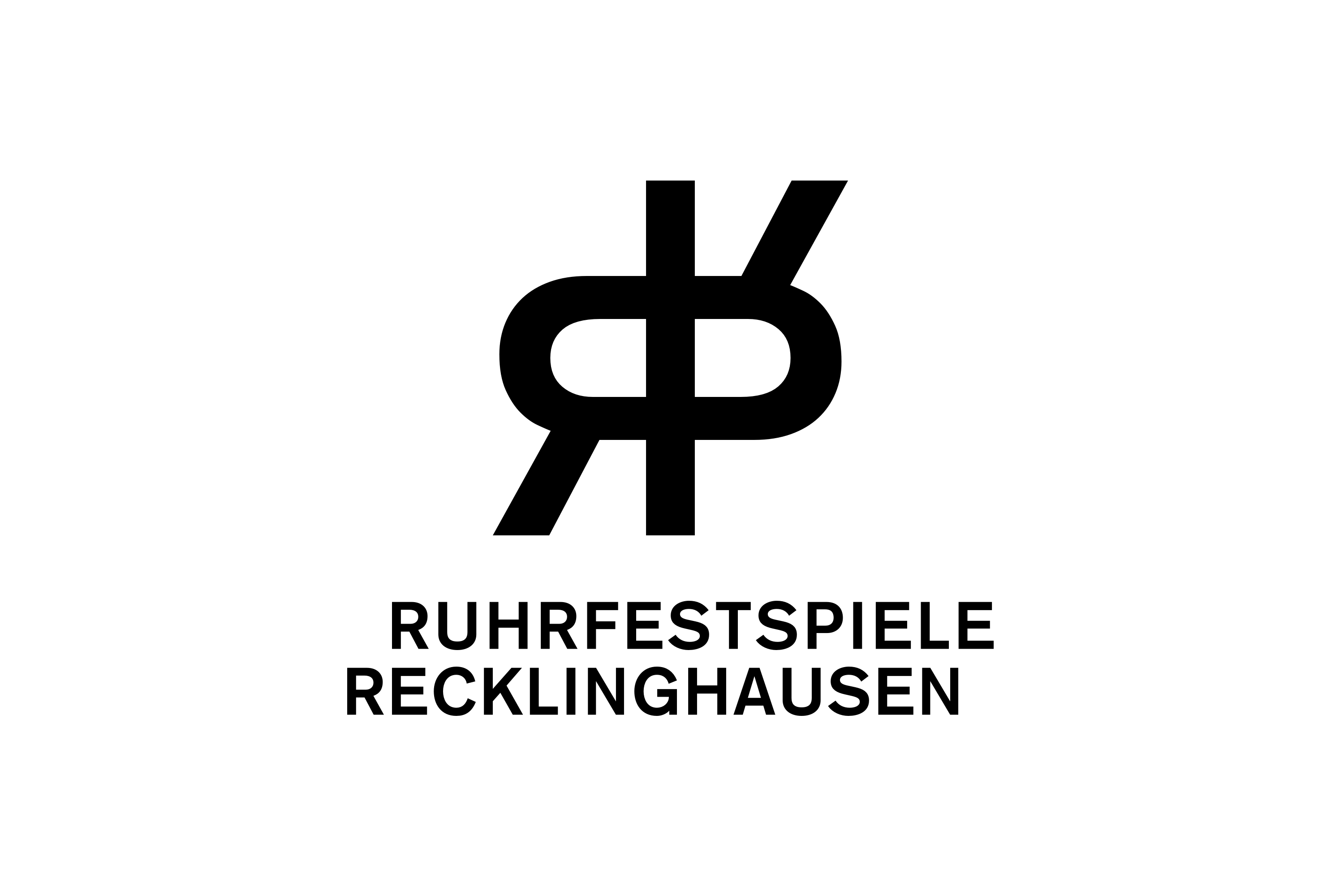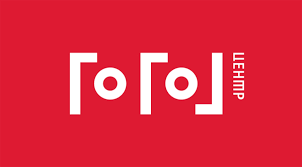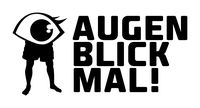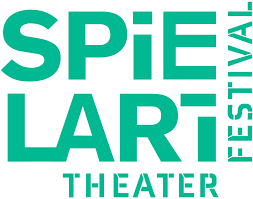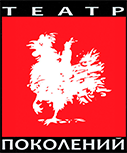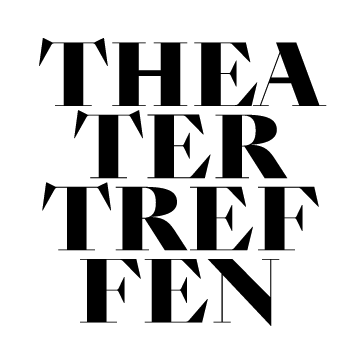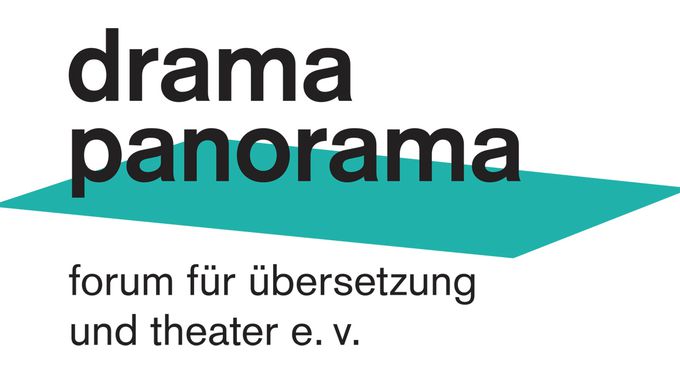“Translation in theatre is like a drop of colour from another culture that is trickled into a production. This gives the production a new nuance.”
Surtitling
We provide surtitling with carefully executed translations into all languages and with the desired technical implementation for touring productions and repertoire theatre. We are happy to take on the entire planning and project management of language transfer for international festivals and have many years of experience in this area. We work in close cooperation with theatre publishers and technical service providers, and use all the standard surtitling technologies that theatres and festivals use. We are also happy to provide advice about different technical options, such as LEDs, projectors, surtitles on tablets, etc.
Translations
We also provide translations of show programmes, funding applications, research, websites, etc. into German, English and French. We have many years of experience in theatre translation and know what counts with texts for the different areas of theatre. We translate for renowned publishers and theatres. We would be happy to answer your questions personally. Please contact Anna Galt for English, Kate McNaughton for French or Yvonne Griesel for German.
Alternative forms
Alternative forms are not very widespread for translation in theatre yet. However, we are happy to help you explore new options, whether it’s a summarising translation, synopses, voiceovers or many others. We’ve been able to gain experience in this during Getting Acrozz at the PAZZ Festival in Oldenburg, Unidram Festival in Potsdam, where Yvonne Griesel worked in the artistic directing team for many years, and also at the Kammerspiele in Munich.
Interpreting and narration
Interpreting and narration are excellent options for some productions that are based on pure improvisation, are for children or if the play is being presented for the first time. However, this requires good, well-trained speakers and very good preparation. We work with experienced interpreters and actors, and also provide narration ourselves, for example at the Deutsches Theater in Berlin, Fast Forward Festival in Dresden, etc.
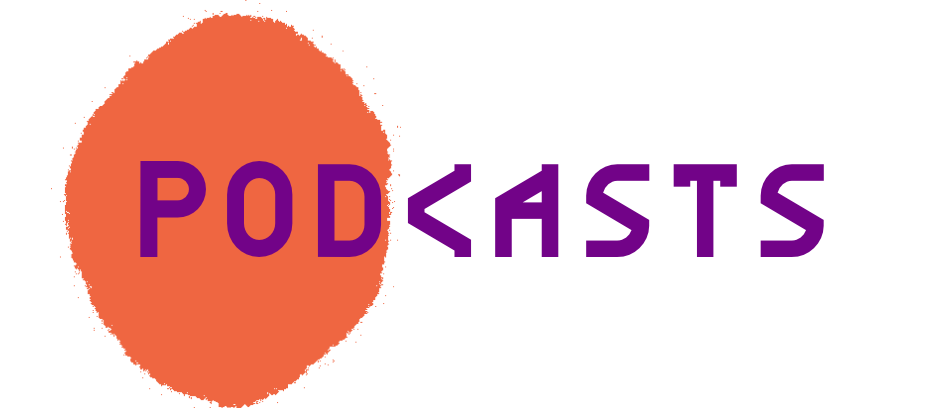
Überübersetzen
Podcast
In the podcast, Überübersetzen, we take a closer look into the world of translation. From theatre interpreting and theatre surtitling to artificial intelligence, we meet translators, visit them at their desks and talk about what translation is all about. We describe the everyday lives of translators in a very concrete way, but also philosophise about theoretical questions such as translatability or ethics and power in translation.
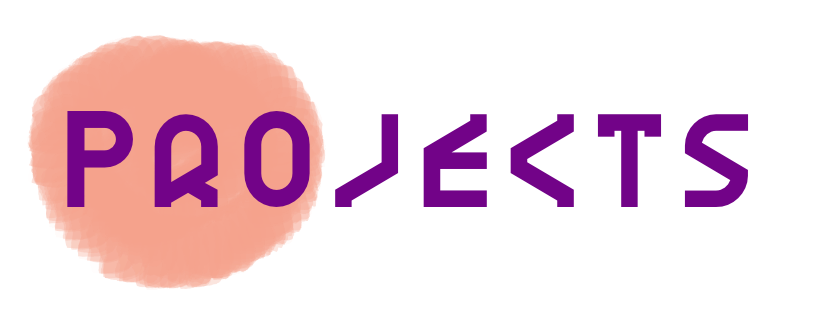
Workshops
What actually makes language transfer really work in theatre? The best way a theatre can prepare is with a workshop, either online or in person. In our experience, it’s very helpful to hold a workshop with the dramaturgical department and anyone else involved, since language transfer usually involves almost every department. We would be happy to provide you with a tailor-made workshop for your theatre. We’ve already facilitated many workshops, e.g. at the Dramaturgische Gesellschaft annual conference, the Thalia Theater, the Münchner Kammerspiele, the Theater Nürnberg and at the International Theatre Institute.
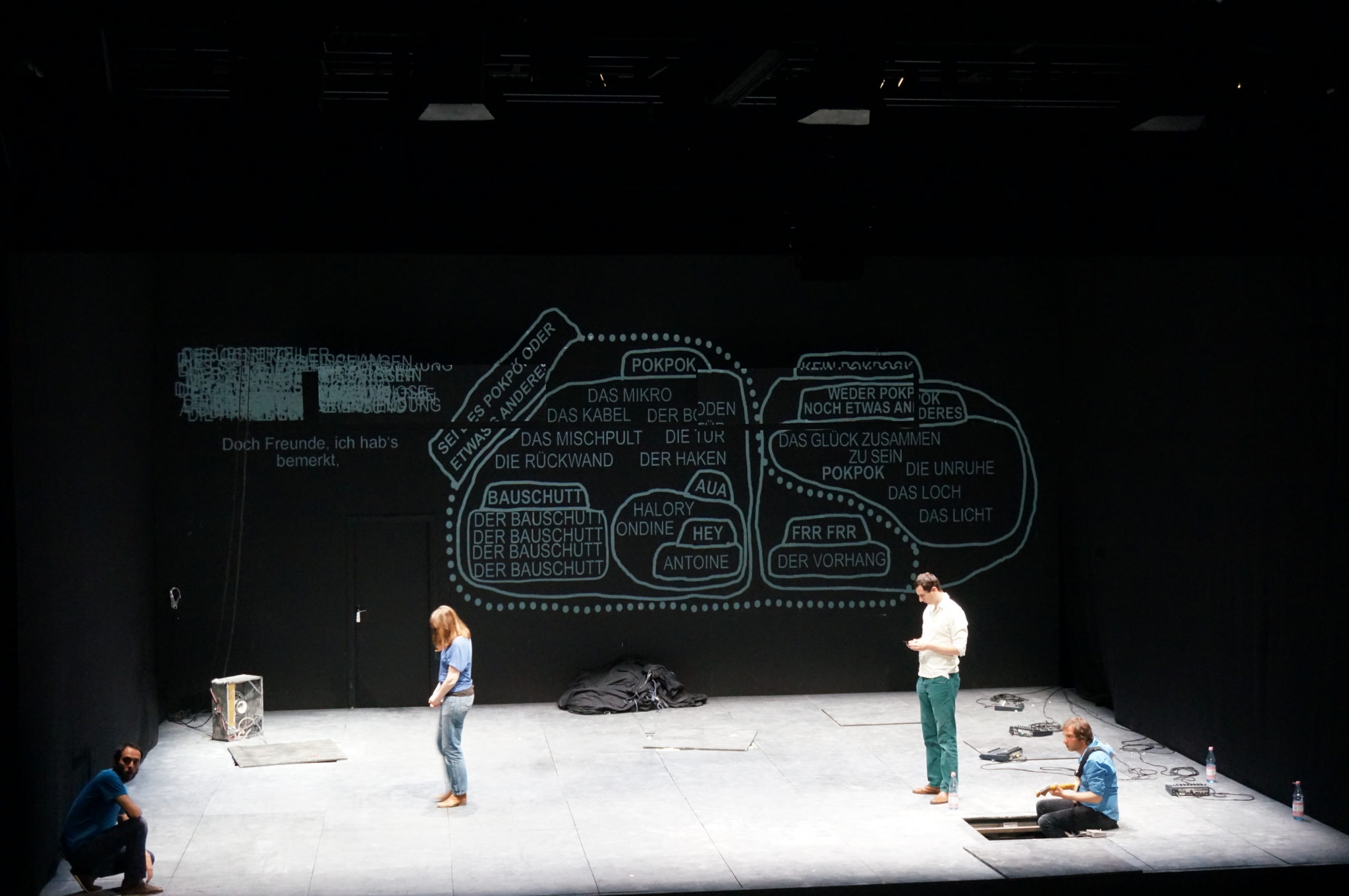
Panel discussions
We’ve also organised several panel discussions in order to make our work transparent. We’ve held panel discussions on translation in theatre as part of e.g. PAZZ Festival, at the HAU in Berlin, during Theater der Welt festival, at the Münchner Kammerspiele, and as part of panorama#1: übertheaterübersetzen von Drama Panorama. It matters to us to provide as much information as possible, because only then can translation in theatre become more exciting and creative.
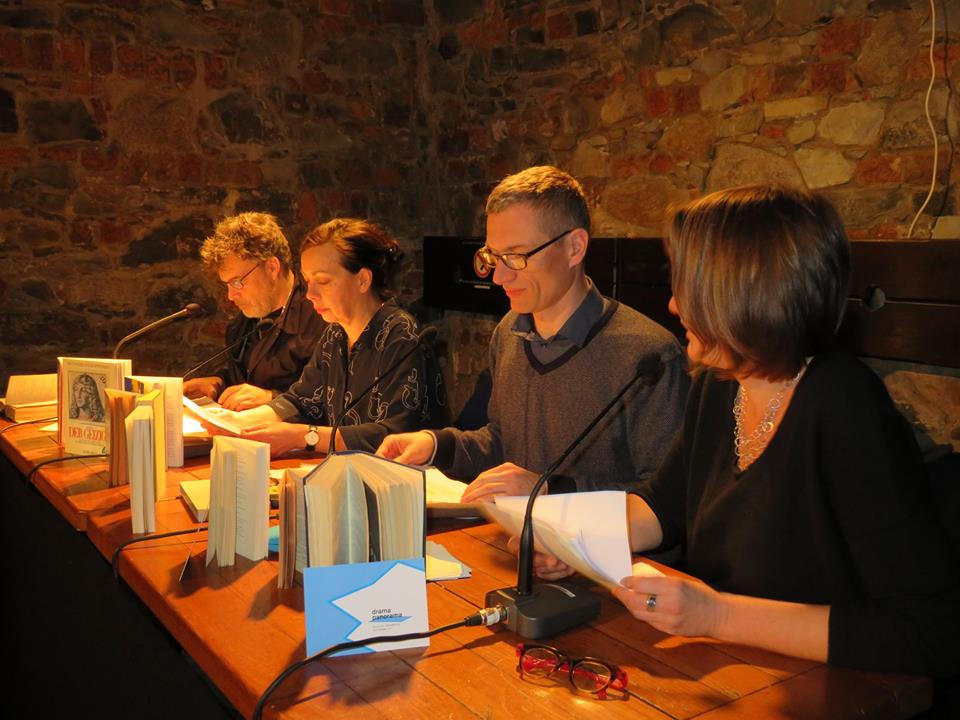
Readings
There’s a lot of discussion about new translations and what translation actually is. As part of the Lange Nacht der Wissenschaft, Yvonne Griesel developed the reading format “Die allgemeine Verunsicherung” and asked the question: “Do you actually know who you’re hearing? Originals and their German translations from yesterday and today – a dramatic reading. No doubt you all know your Shakespeare, Chekhov, Molière, but do you really? Or are you actually hearing August Schlegel and Wilhelm Tieck, Erich Fried, Christel Gersch, Peter Urban, Ada Knipper …” “Die allgemeine Verunsicherung” aims to show how different translations can be, while still remaining faithful and loyal. Allow yourself to be made uncertain in a 30-minute reading. We want to inspire people to think about translation and have a bit of a chuckle too.
The reading has already been invited to the Leipzig Book Fair, to the Lange Nacht der Freien Theater in Potsdam, to the ACC in Weimar and to the LCB. We’re happy to come and make you think, but more importantly laugh.
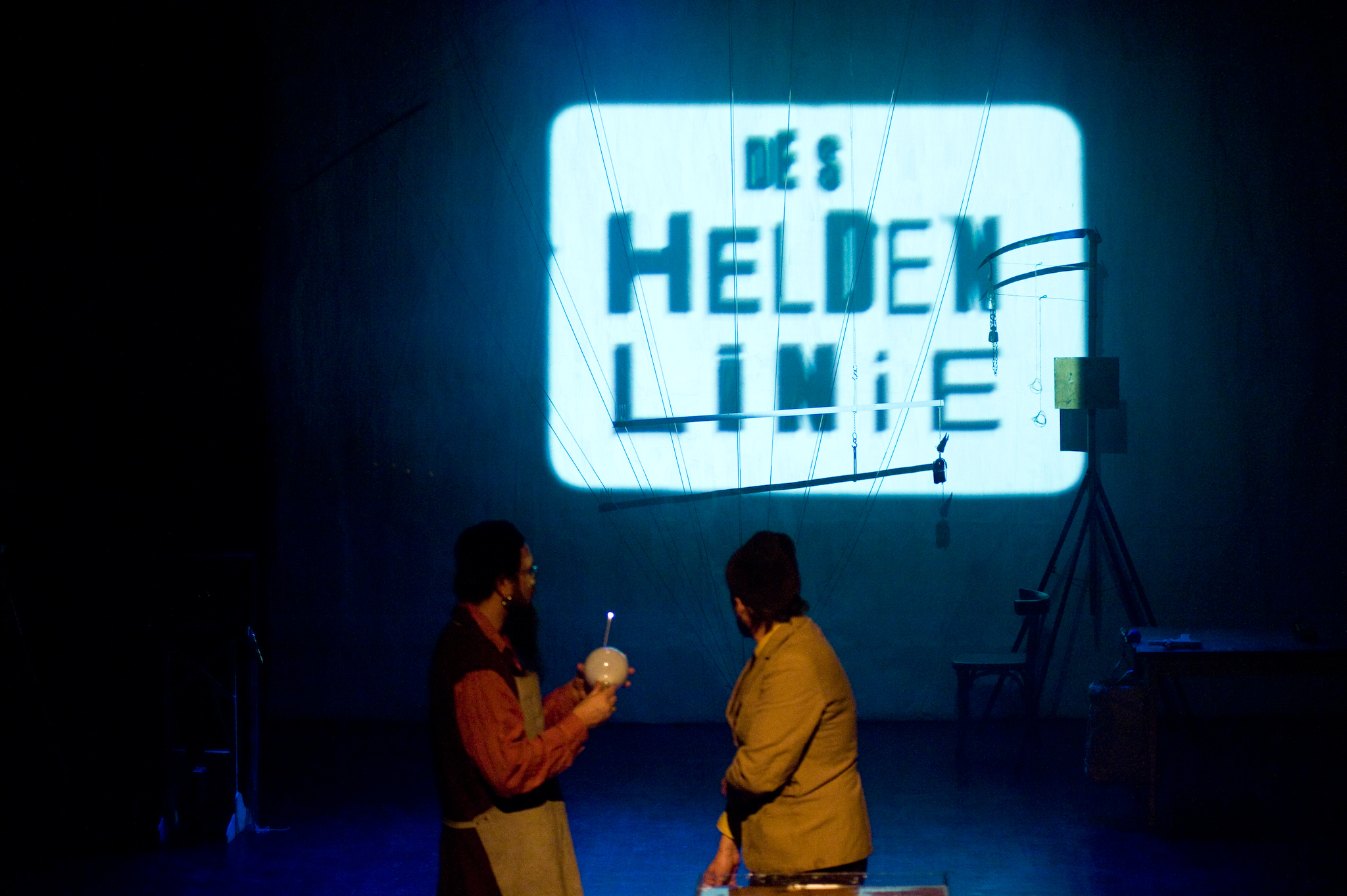
Productions
67/871. Leningrader Blockade
As a translator from Russian, I’m used to smoothing things over, clearing up misunderstandings, bridging cultural trenches dug by the Cold War and the world wars. That’s what defines my job, that’s what makes it so appealing, and I like doing it. However, there are some moments when you just can’t speak. You stand helplessly in front of the ruins that history has left in the hearts of your Russian friends and you don’t know how to go on. BEING CONFRONTED WITH THE LENINGRAD BLOCKADE IS ONE OF THOSE MOMENTS. Omnipresent in Russia, almost unknown in Germany, this is what led to the idea of a bilingual theatre evening. Jelena Gremina wrote a play from interviews conducted by the Russian actors in Petersburg. It was performed in Germany and Russia and on all levels shows what cultural mediation can and should achieve. It was a project from the heart that was produced with the help of the Stiftung Erinnerung, Verantwortung, Zukunft (EVZ) and the Bundeszentrale für politische Bildung together with the Teatr Pokoleniy and Drama Panorama.
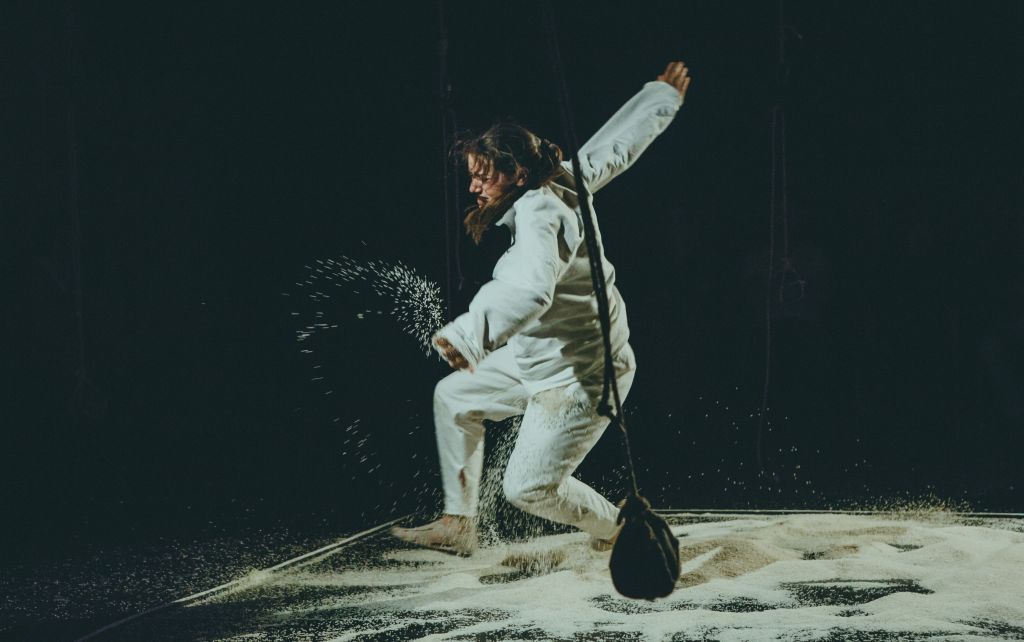
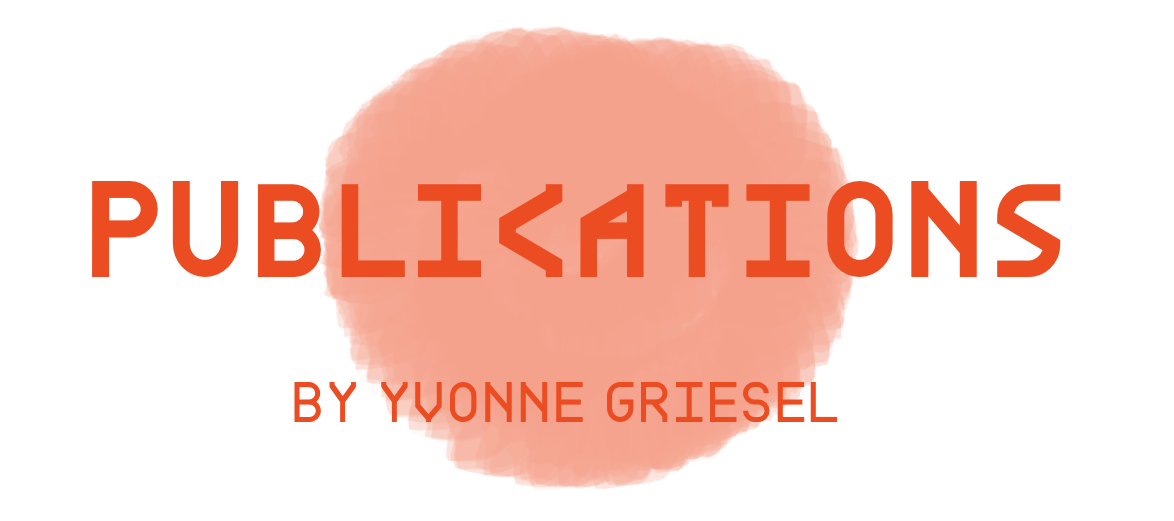
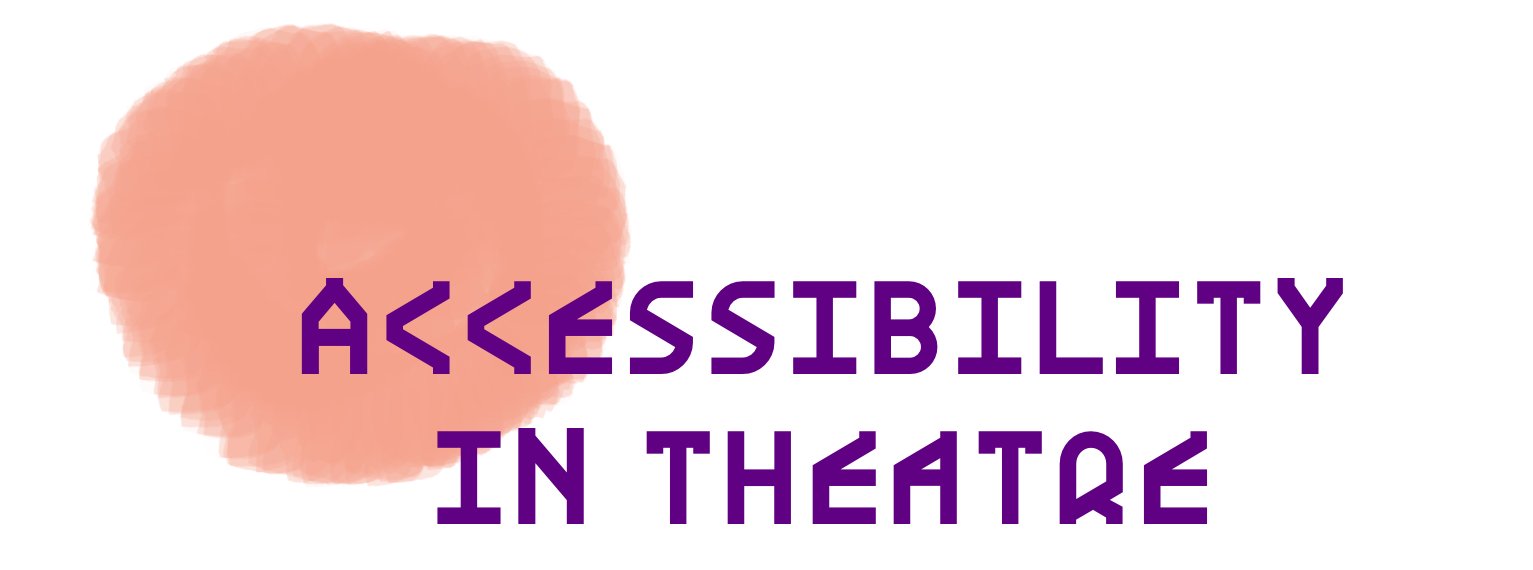
Participation in cultural life
Removing barriers is a key to „dehandicapping“ society. The UN Convention on the Rights of Persons with Disabilities (CRPD) has been in force as the law in Germany since 2009. In theatre, barriers for the deaf, hard of hearing, blind, visually impaired and people with special needs are still very high. Audio descriptions, sign-language interpreting, accessible websites, simple language, etc. are all options for accessibility and should most certainly be standard practice in theatres as soon as possible. We work with specialised mediators in the various areas and are happy to provide advice and contacts. Because anyone who is handicapped by others cannot go to the theatre, even if they want to. Changing this is the task of everyone working in theatre, it must be solved together, inclusively, not paternalistically, but with people with special needs on the stage, in the management teams and in the places that matter. Only then can true participation be ensured.
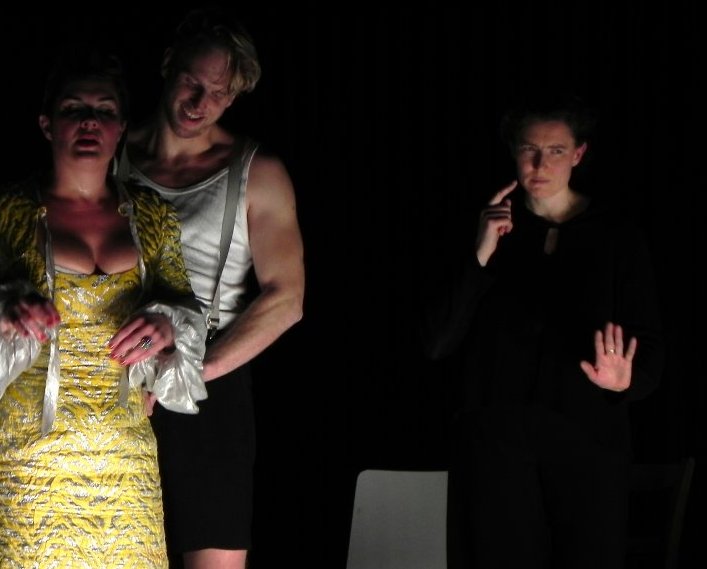
We are happy to help improve the right to culture at the theatre, for example with special surtitles for people with impaired hearing and the deaf, sign-language interpreting on stage and audio description. We work with an international network of experts, such as Audioscript, Stagetext, DSGS and many others.
We are also happy to provide you advice about what is possible, what you need and how theatre can be made more accessible to a very interested audience that has unfortunately largely been excluded up until now.
TEAM
Professionalism is a priority for us and we work closely with international colleagues in the areas of surtitling and translation, such as Transfiction, Subtext in Zürich, Werkhuis in Brussels and Panthea in Berlin. We are members of the theatre translators network Drama Panorama and also work with speakers, interpreters and actors.
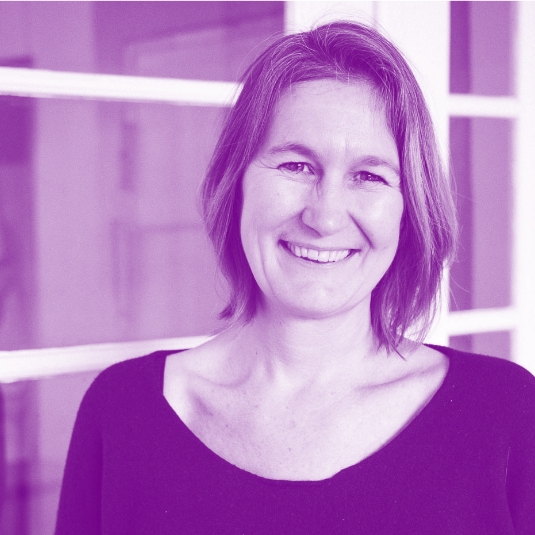
Dr. Yvonne Griesel
Managing director & coordination, translator into German
Born in Geneva, surtitler, translator, interpreter, author and editor. Founder of SPRACH>SPIEL, which is specialised in translating foreign-language productions for festivals and touring productions. She works for many theatres including the Münchner Kammerspiele, the Ruhrtriennale, Theater der Welt, the Volksbühne and Augenblickmal Festival. She translates for publishing houses such as Henschel Schauspiel, Rowohlt Verlag, Alexander Verlag and Theater der Zeit from Russian and French into German. She has a diploma in Interpreting for Russian and French and completed a PhD on surtitling in theatre at the Humboldt University Berlin, where she was also a lecturer for many years. Publications include: Die Inszenierung als Translat, Welttheater verstehen, Getting Across (ITI Yearbook) as well as many articles in international publications. She is a founding member of Drama Panorama and a member of the executive committee of the ITI Germany.
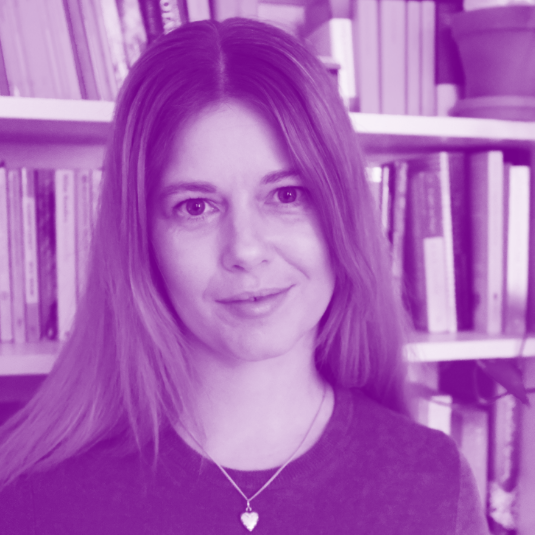
Dr. Anna Galt
Translator into English and editing
Dr Anna Galt is a freelance editor and translator from German into English. Born in Dublin, Ireland, where she studied German, English (BA) and Literary Translation (MPhil) at Trinity College. In 2012, she graduated with a PhD in Theatre Studies (Trinity College and FU Berlin). From 2012-2015, she worked with Aufbruch prison theatre, first as an assistant director then as a dramaturge. She has been a freelance translator of literature, academic texts, film and theatre, mainly in the area of surtitling since 2007. Since 2012, she has translated the surtitles for a large number of German productions into English, including for the Münchner Kammerspiele, the Deutsche Oper Berlin, die Schaubühne, Theater der Welt, Theaterformen, the Maxim-Gorki-Theater, the Deutsche Theater Berlin and the Thalia Theater. Her translation of Hartmut Böhme’s Fetishism and Culture was published by de Gruyter in 2014. In 2020, she received an Extensiv-Initiativ grant from the DÜF for the translation of an anthology of Yael Ronen plays published by Henschel Schauspiel. She is a member of the executive committee of Drama Panorama.
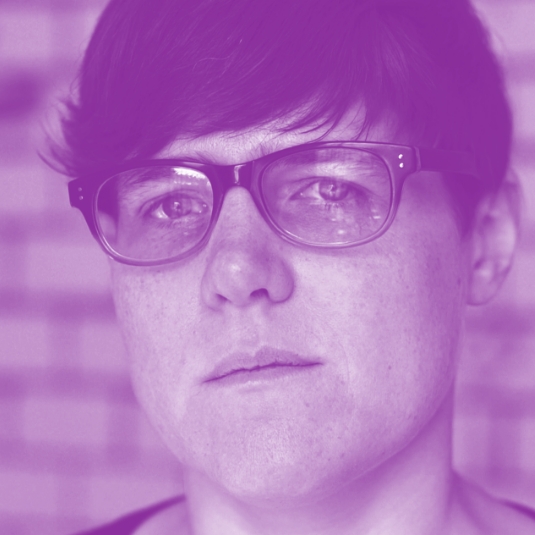
Kate McNaughton
Translator into French and English
Kate McNaughton is a writer and translator. She was born in Paris in 1978 and grew up there; her parents are British, which allowed her to grow up bilingually and encouraged a somewhat confused cultural identity. Her debut novel, How I Lose You, was published in 2018 in the UK and France. She is currently writing her second novel, alongside her work as a freelance translator. She mainly translates surtitles for plays; she has translated plays for theatres including the Schaubühne, the Deutsche Theater, the Berliner Ensemble and the Maxim-Gorki-Theater.
